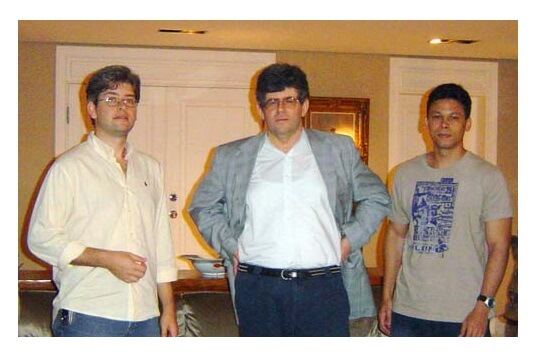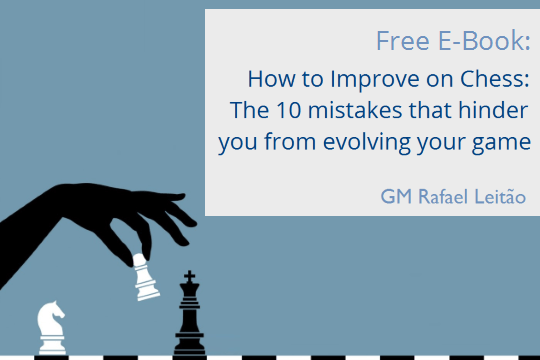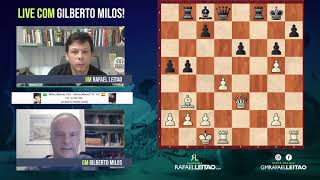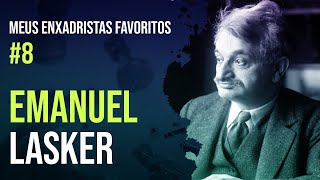This morning I was surprised by the news of the death of Mark Dvoretsky. As a rule the passing of a chess player cause a lot of commotion due to an interesting phenomenon: even when we do not know them personally, they are almost like our close friends because we study their gemes, their books, read about their ideas, their great victories and defeats. In the case of today’s news, the sadness was higher. Besides having read all the books of Mark, the earlier ones with special devotion, read when I was 12-13 years old and who helped shape my style of play, I was honored to personally meet him and find out not only his coach side, but also his human side.
I have written an account of the two weeks I spent in Moscow in 2002, but here I want to add some details that can help readers get an idea of Dvoretsky’s extraordinary personality. Although I did not knew him personally at that time, he was kind enough to pick me up at the airport for the arranged two weeks of training. Every day we studied four hours – af first just me and after a couple of days accompanied by Danish GM Peter Nielsen, currently the analyst of World Champion Magnus Carlsen. We were installed in a comfortable apartment that Mark had a few blocks from the apartment where he lived and which we trained. In times of materialistic personalities and greedy authors, it’s worth taking a sample of his character. On the last day we asked him what we had to pay for our two week accommodation in his apartment (hotels in Moscow are pretty expensive). He told us he thought a lot about it, thought about charging some symbolic value, but decided not to charge anything.
In addition to the many hours of training, we waged numerous conversations with him, usually in our luch break (he also did not charge anything for it). While devouring cookies and the most varied sweets (it was clear that chess was not his only passion), “Dvora” shared his ideas on a variety of issues. Some were radicals, especially when it came to the Middle East (here his Jewish roots spoke louder than common sense), but the stories that most impressed me were that of the Soviet Union era – the big torunaments, players with whom he worked, why he stopped playing so early, his adoration for his students, especially Artur Yusupov, whom he treated like a son. And especially, his mortal hatred against the hardships he endured because of the Soviet regime, which left him deep scars. For this reason he was a great defender of the freedom of thought – which is also quite clear in his works. Dvoretsky never conformed to what was imposed to him, always seeking new ideas, finding new ways, and this meant that his analysis were of extraordinary quality.
His books are exceptional. Many chess players, including some of the elite, were influenced by his works, as well as many authors who began to imitate his style. I dare say that none of these authors were even close to the old master. His exercise positions had a singularity that made them almost perfect – they were passed from chess player to chess player, almost all grandmasters who suggested new ideas that were being added and analyzed meticulously, making the examples practically free of error. Unfortunately the vast majority of modern authors only puts some variations on the computer without even giving importance to the “human” vision of the position.
My favorite books are “Secrets of Chess Training” and “Secrets of Chess Tactics” which were later reprinted in the “School of Chess Excellence” collection of five volumes (the books mentioned are number 1 and 2 of this collection). But I had all his books and I could learn something from each of them.
Besides his love of chess, it is noteworthy that Mark was an extremely well read and cultured person. Many believe that chess players / high level coaches only think about chess and, unfortunately, we see some talents of the new generation who are dedicated only to analysing with the computer. Well, in my opinion chess it is much more than that. Maybe I am being nostalgic, but what impression I had when I entered Mark’s apartments – either of the two, in which books sprouted from every room – shelves scattered in the hallways, in the rooms, stacked on the floor. One could sense their his love of reading, which I can record best with three images: his joy in showing us the complete collection of Isaac Asimov (I confess I never read him – I have no great interest in Science Fiction) carefully organized on a shelf in the hallway leading to his office; Mark reading a Harry Potter book as I thought about the solution of one of its intricate exercises (he was curious to know the reason for so much success, so he decided to read it); he reading a book while walking inside the pool in Foz do Iguaçu, when he came to train the Brazilian team in 2006. Reading and walking in the pool – an idea that could only have come out of his creative mind.

Giovanni Vescovi, Mark Dvoretsky and Rafael Leitão. Foz do Iguaçu, 2006.
And he was also a strong player. Even after retiring for many years, he returned to play well in some tournaments in Spain. But in his time it was no easy task to become a GM. He would surely earn the title (he was the the highest rated IM in the world at his time, with 2530) if he had not stopped playing early, at 27, to invest all his effort to coaching. As a proof of his skill as a chess player, I offer the readers one of his favorite games, a technical victory against former world champion Vassily Smyslov.
During my last team tournament in Brazil I bought his latest work: Maneuvering – The Art of Piece Play. I had also put on my to-do list to watch his video on Chess24 about calculation.
Now I remain with the memory of the joy that his books gave me in my teenage years, his beliefs expressed with the mouth full of candy, his ruthless skill in table tennis, oddly enough, that decimated one by one all of our team in 2006. And above all, his extraordinary love for chess. Thanks for everything, Mark.
Written by Rafael Leitão in 26.09.2016









Rafael,
Parabéns!
Gostei muito do teu escrito sobre o Mestre Mark Dvoretsky.
Penso que, todos nós, enxadristas, sentimos muito a passagem do Mestre.
Belíssimas lembranças e reverências, em tuas palavras!
Valeu, meu caro!
Abração!
Raul.